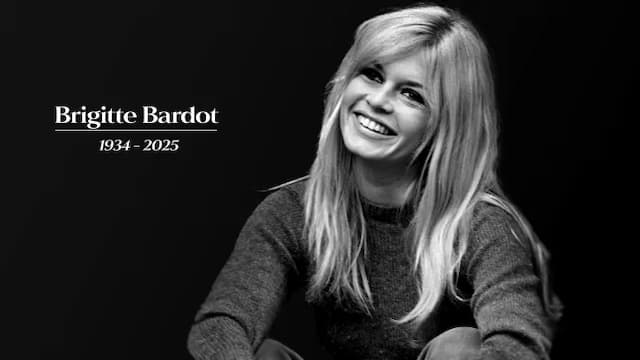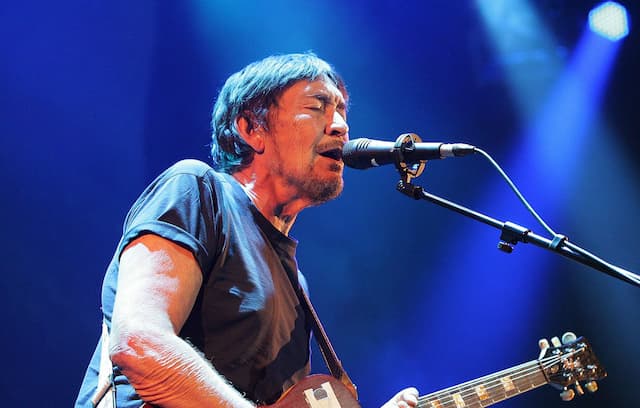Harry Belafonte, American Singer and Civil Rights Activist, is Dead

MUSIC: The African-American artist, Harry Belafonte, nicknamed “the king of calypso”, died Tuesday in New York at the age of 96
He marked his time with his captivating voice and his fight for civil rights in the United States. Iconic singer Harry Belafonte died on Tuesday at the age of 96, several American media reported. Born in Harlem on March 1, 1927, to a Jamaican mother and a Martinican father, the singer made himself the voice of these rhythms with “Matilda”, “Day-O”, “Island in the Sun”, “Jamaica Farewell”, “Try to Remember” or “Coconut Woman”.
It was as a child, when he lived in Jamaica, that George “Harry” Belafonte discovered calypso, a music with West African influences born in the carnivals of Trinidad and Tobago, which will seduce the American public with its exoticism. Returning to the United States, he joined the Black Theater in Harlem after the war and staged several plays with his lifelong friend Sidney Poitier, before embarking on music, where his charisma and his vocal qualities brought him rapid success, which will be the springboard for its commitment against racial segregation.
Several significant successes
The first singer of ballads in cabarets, he made his mark in the early 1950s with a popular repertoire that mixed influences from American variety, Caribbean music and black culture from Harlem. In 1955, he triumphed with the title “Day-O (The Banana Boat Song)” and the album “Calypso” (1956) became the first in history to sell more than one million copies. He filled the halls and his recordings, including six gold records, were a worldwide success and earned him several Grammy Awards in 1960.
He became the first black actor to play, in 1957, a love story with a white actress in An Island in the Sun by Robert Rossen, and also the first African-American to produce a television show and win an Emmy award, in 1959. But the young man is not content to be a symbol. Quickly, he finances the campaign for civil rights and becomes close to Martin Luther King.
In 1963, he raised 50,000 dollars, the equivalent of almost 500,000 today, to get out of Martin Luther King prison, at a time when artists were pocketing comfortable incomes. “I could have made 2 or 3 billion, and ended up with some cruel addiction, but I chose to be a civil rights fighter instead,” he explained in an interview with the Guardian in 2007.
Committed to the black community
Suspicious of politicians, he had met John Fitzgerald Kennedy in 1960, inviting the then-presidential candidate to his home. He was initially unconvinced by the senator seeking support, later reporting that Kennedy “knew very little about the black community.”
But once elected, “JFK” appointed him the cultural attaché of the Peace Corps. Later, in 1987, he was appointed Goodwill Ambassador for Unicef. He spent time in Africa, notably in Kenya, and campaigned against apartheid in South Africa. In 1988, he dedicated his last album “Paradise in Gazankulu” to this cause. He is the main promoter of We are the World sung, in 1985, by 45 American artists raising funds to fight against the famine in Ethiopia.
The dyslexic artist, who was not betting on success after dropping out of high school, serving in the army or working as a janitor, was showered with prestigious awards at the end of his life. Thus, in 2014, the Academy of Cinema Arts and Sciences awarded him an honorary Oscar because “from the start of his career he chose projects highlighting racism and inequalities”. Married three times, Harry Belafonte had three daughters and a son from his first two wives.
Enjoyed this? Get the week’s top France stories
One email every Sunday. Unsubscribe anytime.


